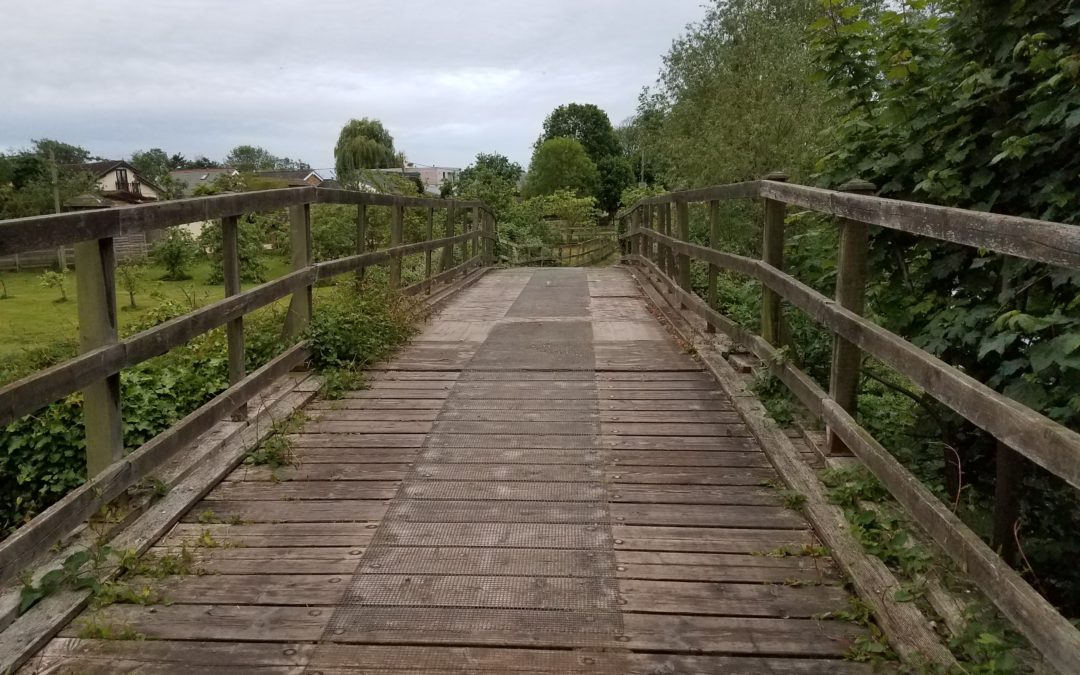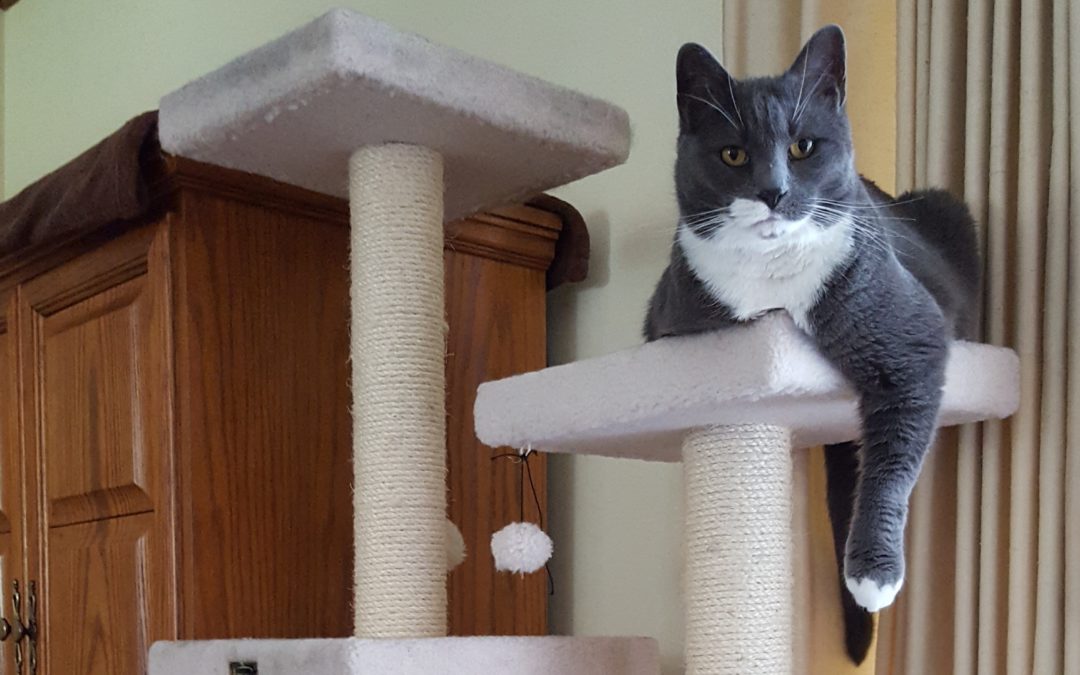
Will Therapy Help Me?
If you’re reading this, you’re probably thinking about going to therapy. Maybe it’s your first time and you’re not sure what to expect. Maybe you’ve had some negative experiences and you’re not sure if this time around will be different.
First, I want to let you know that you are taking a step toward changing your life for the better. Whatever you’re going through, whatever has happened, you do not have to do this alone. When you step into my office, you will be with someone who will sit with you through the pain, the tears, the anger, all of it.
You likely have had some thoughts and events in your life you haven’t shared with anyone, or only with a few close people. A huge part of the therapeutic process is the relationship between you and your chosen therapist. As you get to know them, you will build trust. I don’t expect you to tell me everything the first moment you meet me. You’re in vulnerable place and it’s more than okay to take whatever time you need in order to share your story. You’ve lived a whole lifetime already, so there’s a lot to say and there will be plenty of time for it. I will be patient and respectful of your boundaries.
From time to time, I may call your attention to what is going on in session. For example, I might share my experience of you in session and connect it to how others in your life interact with you. I might ask about what your experience of me is or how our therapeutic relationship is going. This feedback can be useful for both of us to discover other areas needing our focus and allowing for openness of communication.
There’s a common misconception that people who seek therapy have to have serious problems. That is not the case, and all types of people are in therapy. Therapy has the potential to help anyone who is committed to the process of change and learning about themselves. Sometimes there are stressful periods in life with work, family, school, or your physical health and having a supportive professional to hear your concerns can lessen the burden of feeling alone with your worries. Also, you are never too old for therapy. Every day that you are here is a chance to make a change.
But will therapy help you in particular? The answer is that depends. It’s highly dependent on what it is you are seeking and your involvement along the way. Therapy is not something that happens to you. It’s very much an active process. Each session is an event we co-create, and what happens in that room (and outside of it) is driven by both the content (what you say) and the context (what’s happening between you and I). I believe by attending to both of these pieces, we set the stage for powerful insights and self-knowledge.
Starting therapy can feel risky and bring up anxiety for the reasons I’ve discussed above, and maybe some others I haven’t mentioned. However, I want you to know you can feel nervous, and still take the leap to begin. If you’re ready to start a new chapter in your life, you can contact me below. I’m looking forward to speaking with you!



Recent Comments